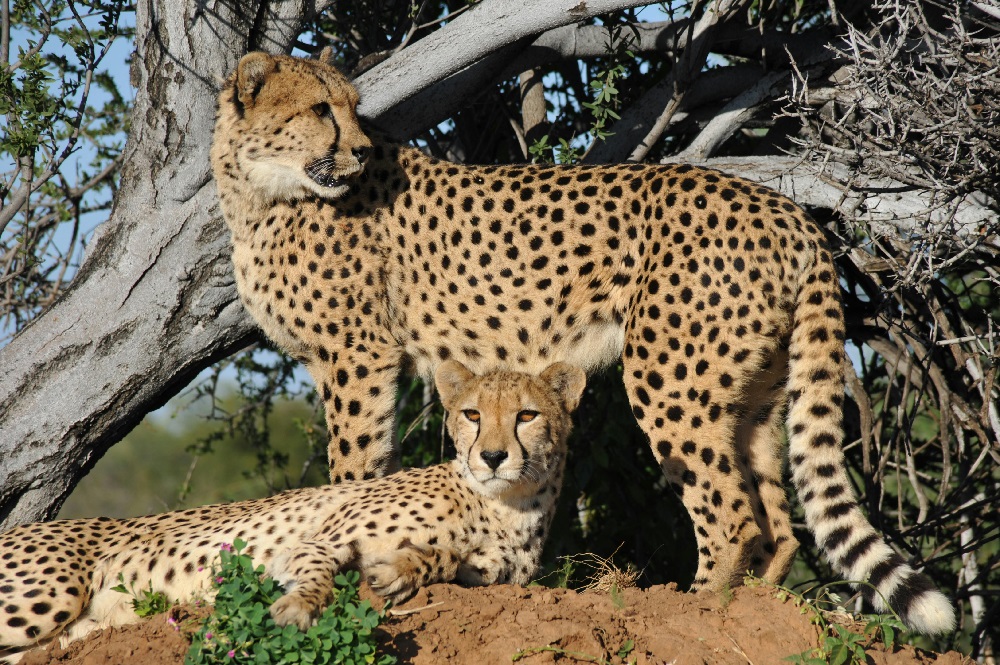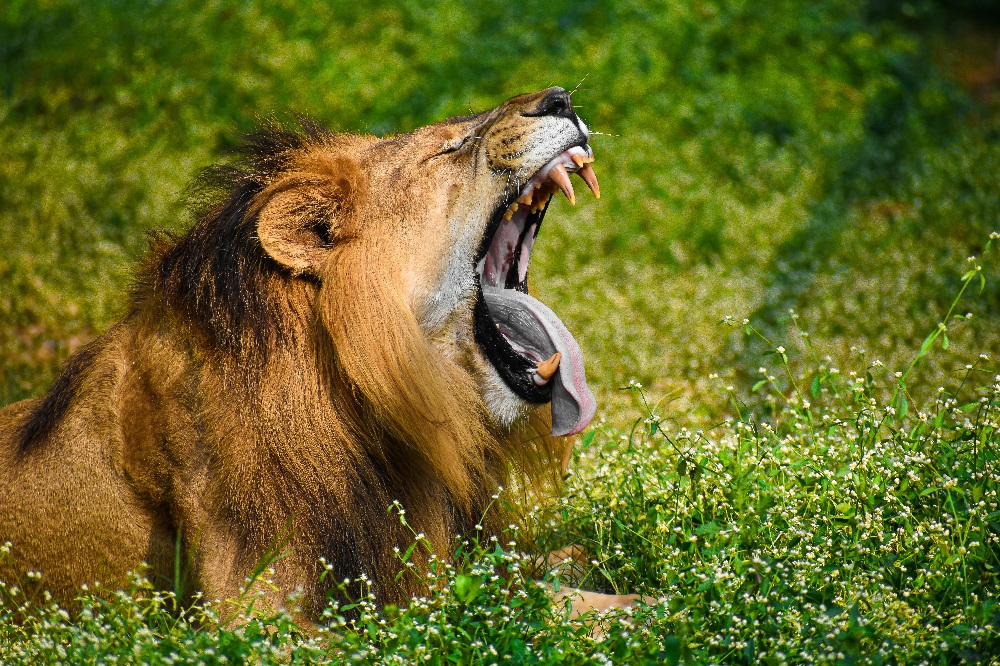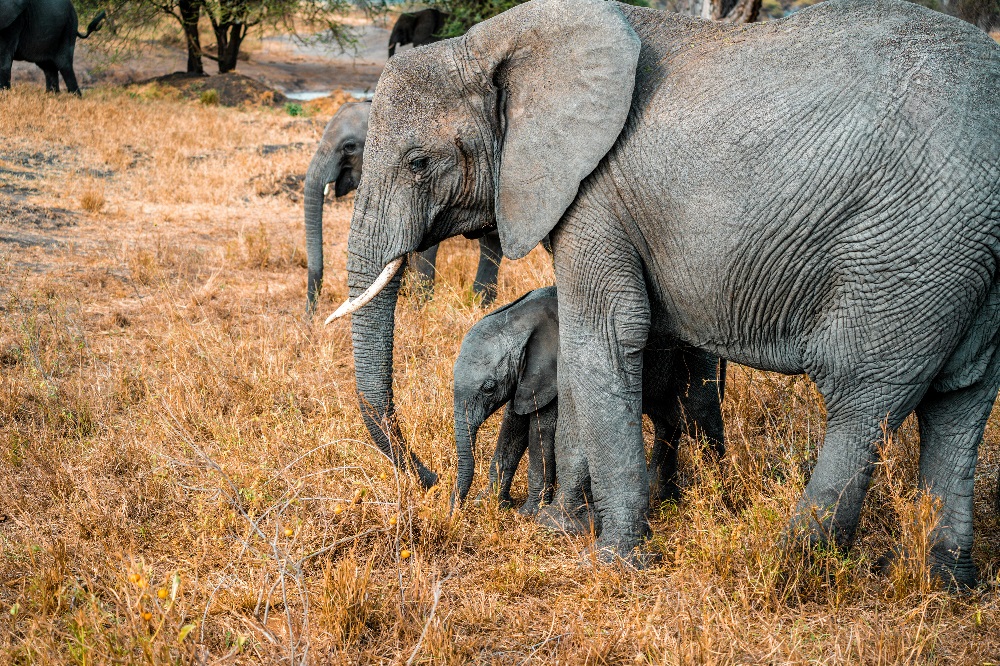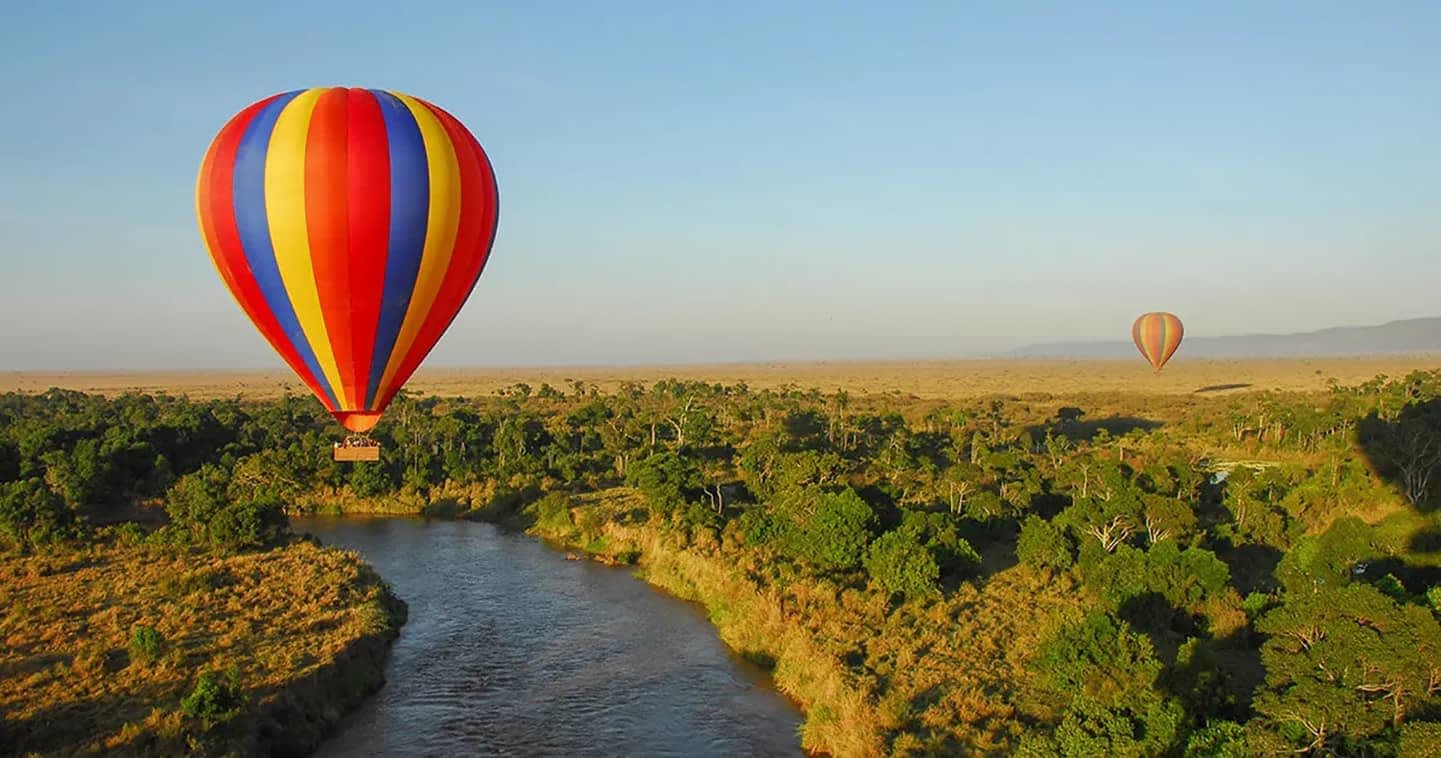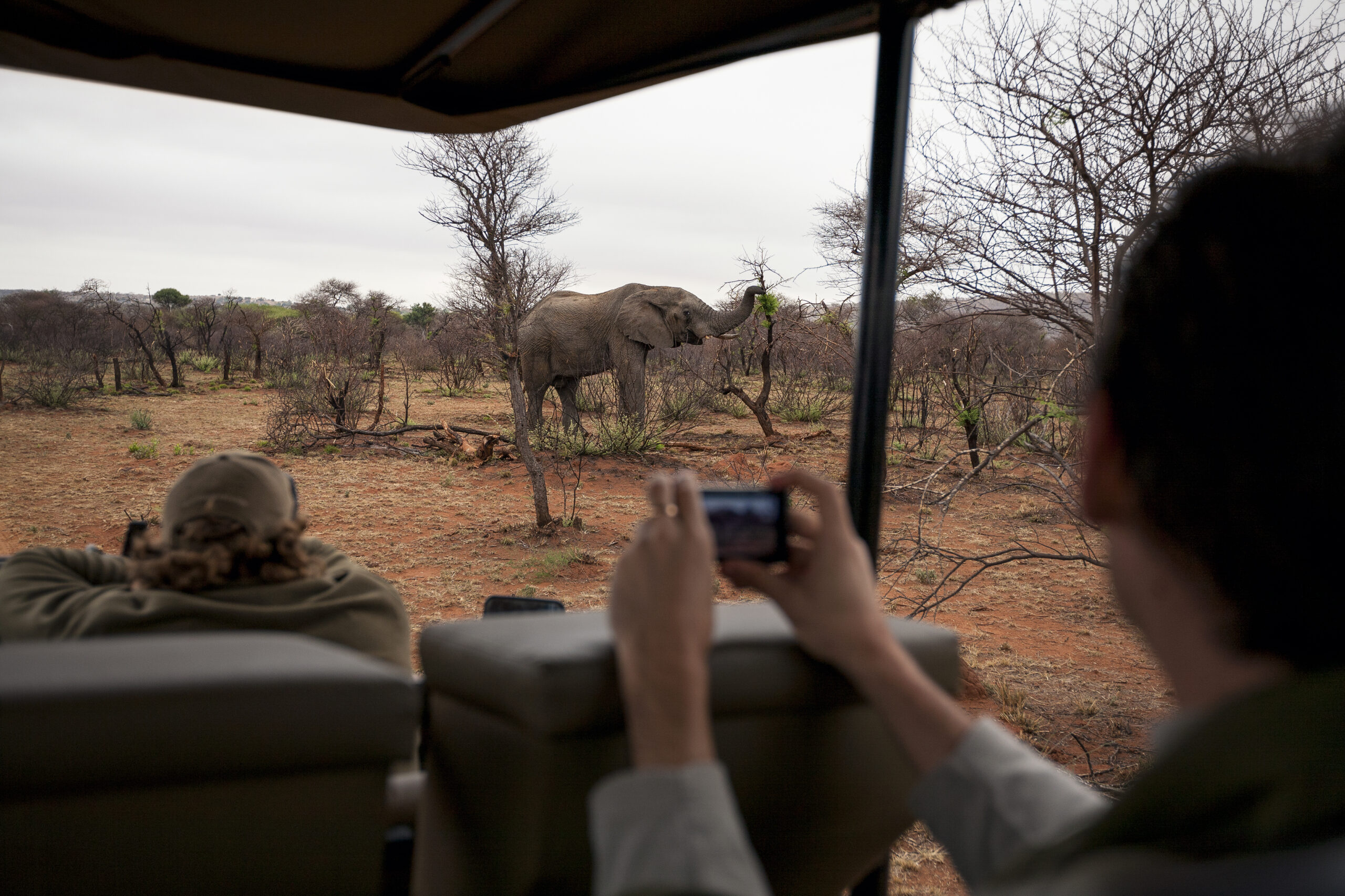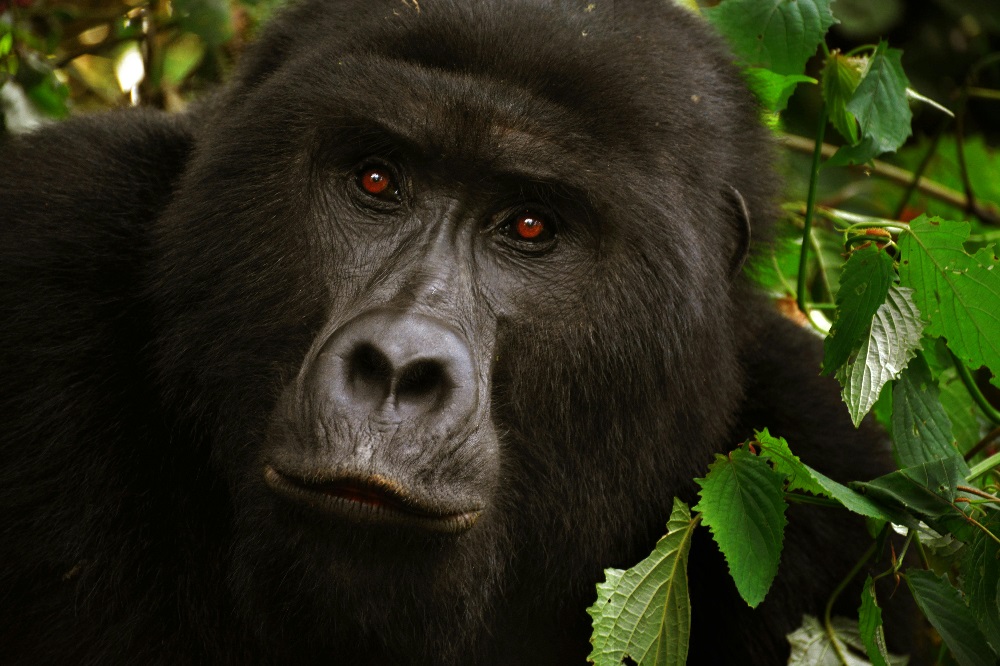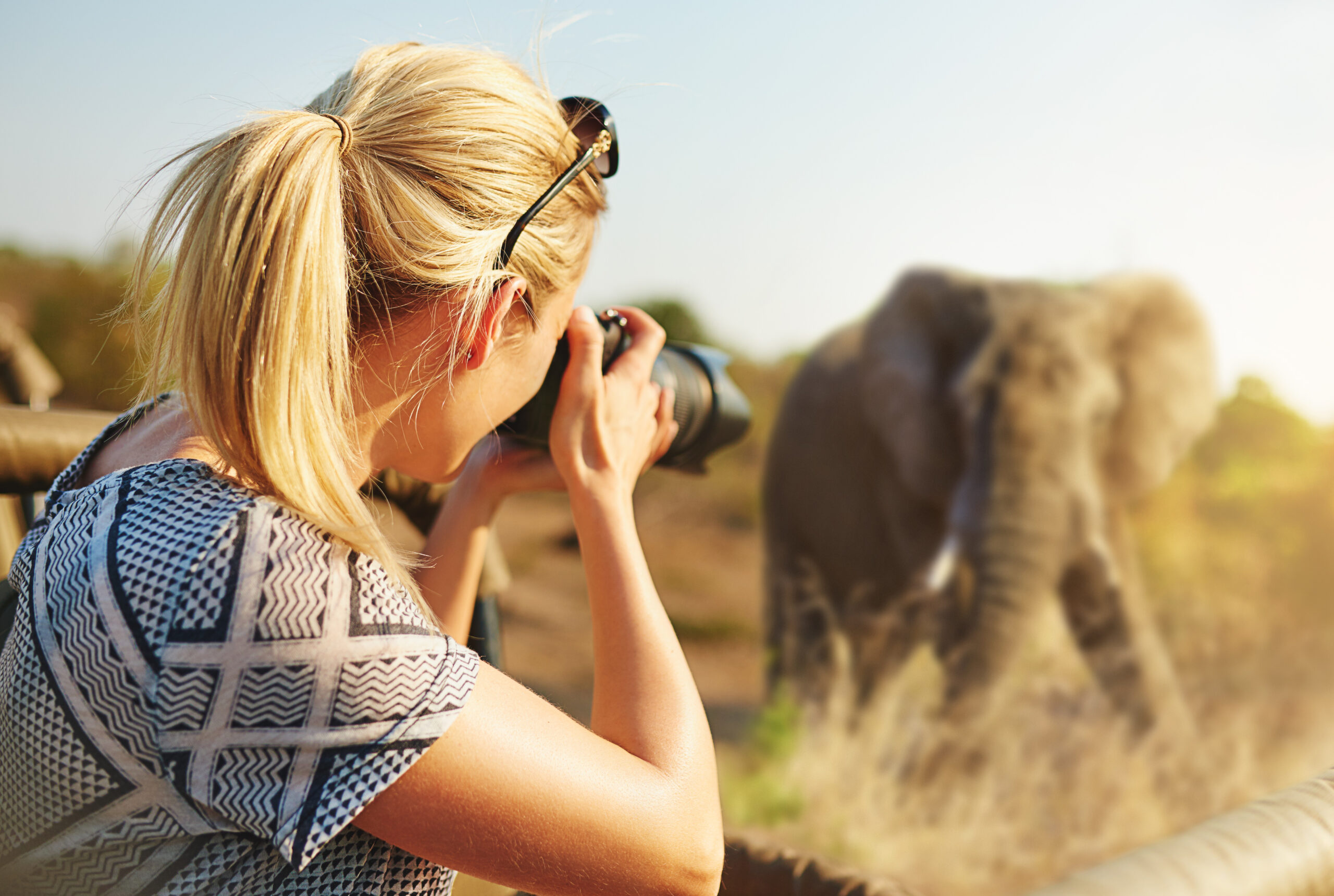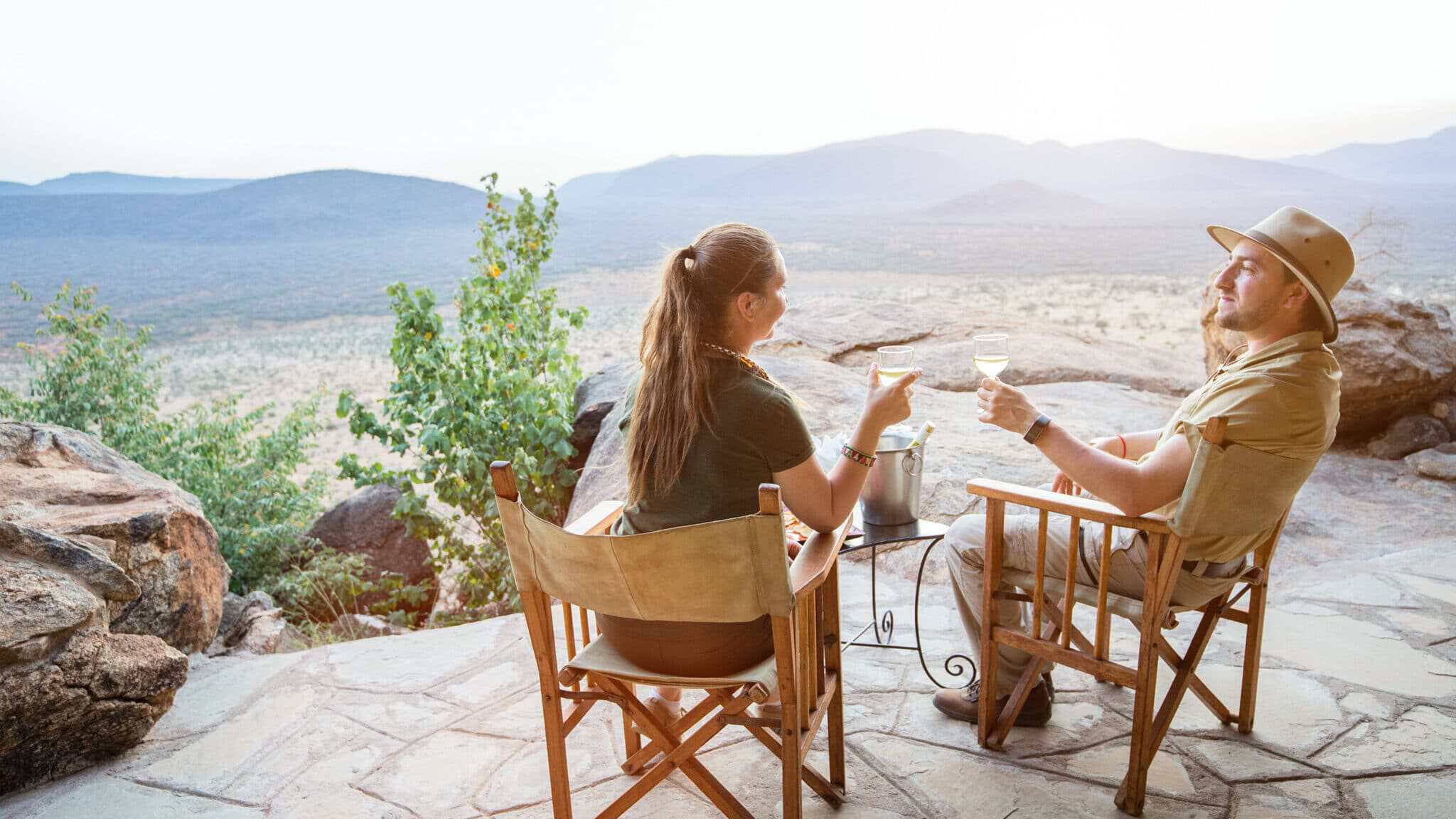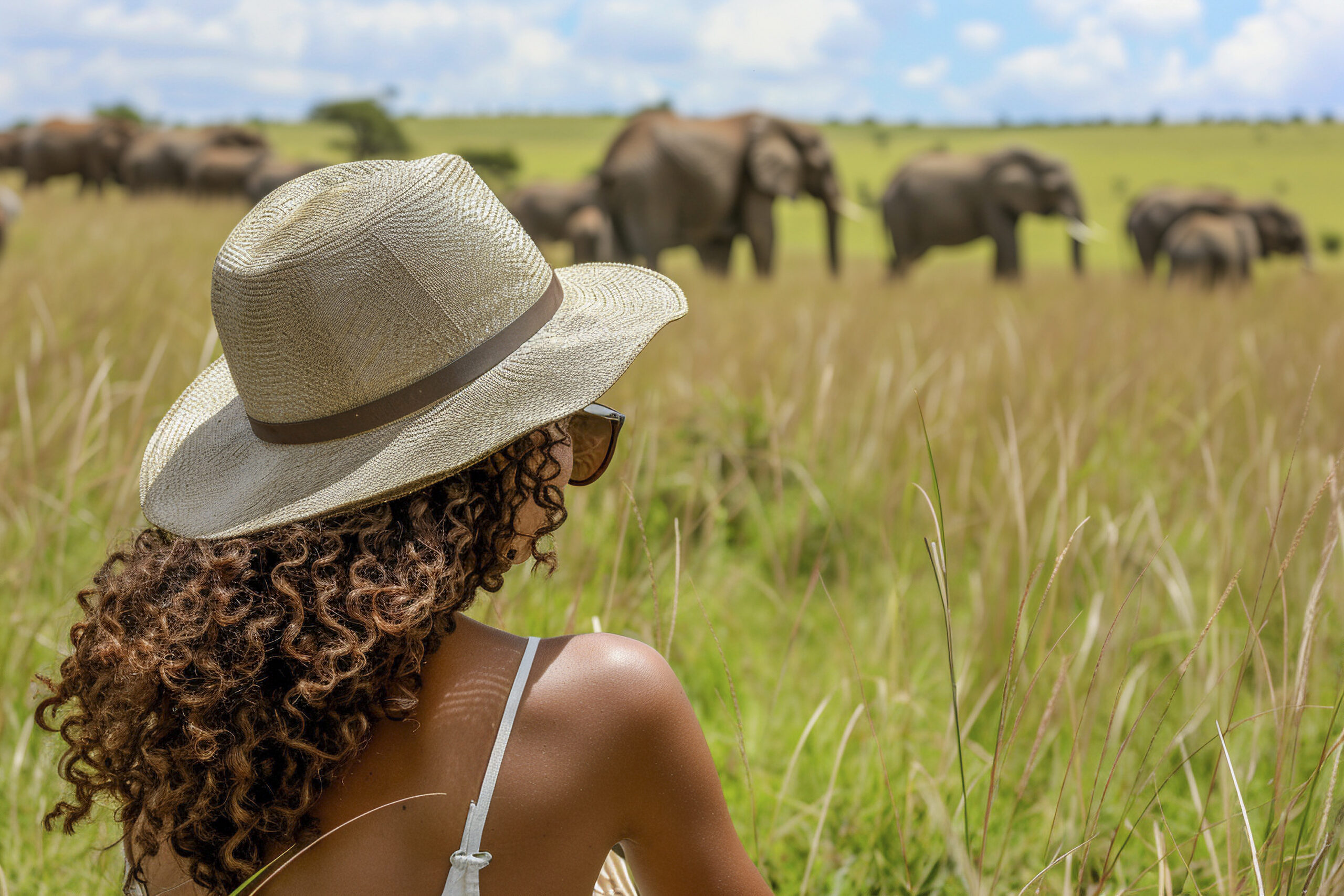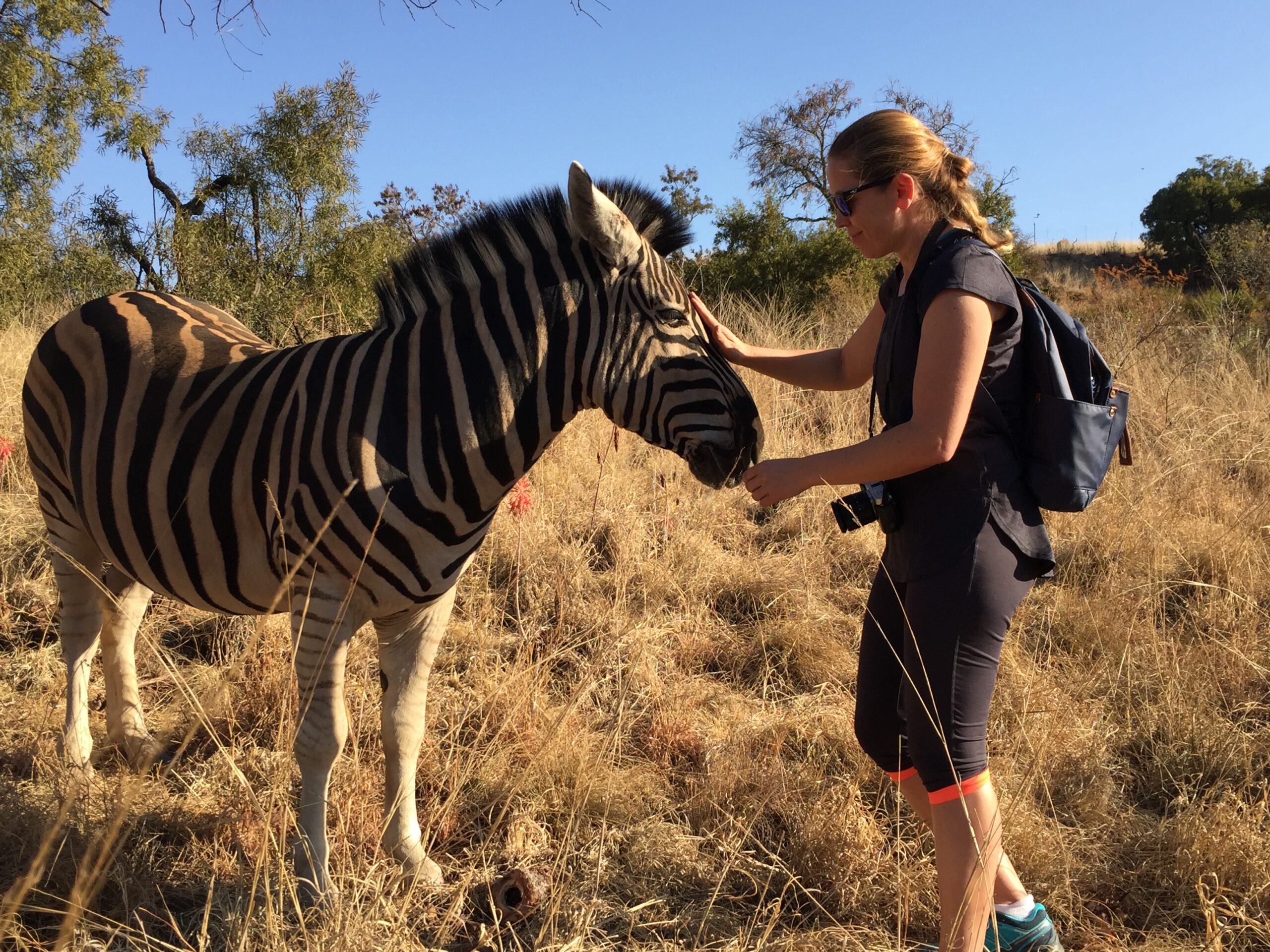When planning an African safari, safety is one of the first considerations for any traveler. While Africa is a vast and diverse continent with varying levels of security from country to country, certain destinations have consistently proven to be safe for visitors, even for those traveling independently. Factors like political stability, well-developed tourism infrastructure, quality of safari guides, and the government’s commitment to wildlife conservation contribute significantly to safety. Countries like Botswana, Namibia, Tanzania, and South Africa often make the list of safest safari destinations. Botswana, in particular, is known for its low crime rates, strict anti-poaching measures, and a tourism model that prioritizes quality over quantity, ensuring a more controlled and secure environment for guests. In addition, these countries maintain professional wildlife management practices, ensuring that guests are protected during game drives, walking safaris, and other activities.
Are African Safaris Safe for Americans?
African safaris are generally safe for Americans, provided that travelers choose reputable tour operators and follow basic safety guidelines. Most safari destinations that cater to international tourists have well-established security measures in place, including trained guides, controlled access to wildlife reserves, and clear safety briefings before each activity. The key to a safe experience lies in preparation—having the correct vaccinations, securing travel insurance, and staying updated on travel advisories from the U.S. State Department. Many Americans successfully visit safari hotspots like Kenya’s Masai Mara, Tanzania’s Serengeti, and South Africa’s Kruger National Park without incident. Crime is rare within safari lodges and national parks, and the most common risks are wildlife-related, which are effectively managed by professional guides. By booking with a trusted safari company, adhering to park regulations, and avoiding non-tourist urban areas at night, Americans can enjoy a safari adventure with peace of mind.
What’s the Best Country to Go on a Safari?
The “best” country for a safari depends on what you want to experience. For sheer wildlife density and iconic landscapes, Tanzania is hard to beat, offering the Serengeti’s great wildebeest migration and the Ngorongoro Crater’s incredible predator sightings. Kenya remains a top choice for first-time safari-goers, with a balance of accessibility, diverse wildlife, and cultural encounters with the Maasai people. Botswana is the ultimate choice for those seeking exclusivity and pristine wilderness, particularly in the Okavango Delta and Chobe National Park. South Africa appeals to travelers wanting a combination of safari and other attractions, such as Cape Town and the Garden Route. Uganda and Rwanda have gained attention for unique primate trekking experiences, particularly mountain gorillas and chimpanzees. Each of these countries has strong tourism infrastructure, knowledgeable guides, and well-maintained parks, making them both rewarding and safe options for safari travelers.
What is the Most Beautiful African Country for Tourism?
Beauty is subjective, but many travelers rank Namibia, South Africa, and Tanzania among the most visually stunning countries in Africa. Namibia’s surreal desert landscapes, such as the towering red dunes of Sossusvlei and the dramatic Skeleton Coast, are unlike anywhere else in the world. South Africa offers an unbeatable mix of mountains, vineyards, coastlines, and wildlife reserves, making it a favorite for both nature lovers and culture seekers. Tanzania’s beauty lies in its sweeping savannas, snow-capped Mount Kilimanjaro, and the turquoise waters of Zanzibar’s beaches. Botswana’s lush Okavango Delta contrasts with its arid Kalahari Desert, creating an ever-changing visual spectacle. Each of these destinations offers not just natural beauty but also safety, reliable infrastructure, and exceptional hospitality for tourists.
Which African Country is the Cheapest for Safari?
If budget is a primary concern, countries like Zimbabwe and South Africa often offer more affordable safari options without compromising on the wildlife experience. South Africa is particularly budget-friendly because of its variety of accommodation options, from self-catering campsites to luxury lodges, and its accessibility to self-drive safaris in Kruger National Park. Zimbabwe, despite its economic challenges, provides exceptional value for money, with iconic destinations like Hwange National Park and Mana Pools offering fewer crowds and reasonable lodge prices. While Kenya and Tanzania tend to be more expensive during peak migration season, traveling during the shoulder months can result in significant savings. Additionally, booking group safaris instead of private tours can help reduce costs in most safari destinations.
How Much Does an African Safari Cost?
African safari prices vary widely depending on the country, season, level of luxury, and type of safari. A budget safari can cost as little as $150 to $250 per person per day, typically involving group tours, basic lodges, or camping. Mid-range safaris average between $350 and $600 per day, offering more comfort, better locations, and smaller group sizes. Luxury safaris can easily exceed $1,000 per day, featuring private guides, exclusive camps, and fly-in experiences to remote reserves. The overall cost also depends on the duration of the trip and additional activities, such as hot-air balloon rides, guided walking safaris, or cultural excursions. Countries like Botswana and Rwanda tend to be on the higher end due to exclusive tourism policies and specialized wildlife encounters, while South Africa and Namibia offer more cost-effective options.
What is the Safest Country in Africa for White People?
While safety in Africa is not determined by race but by overall security conditions, certain countries are widely considered safe for all tourists, including white visitors. Botswana, Namibia, and Rwanda consistently rank high in safety due to low crime rates, stable governments, and strong tourism infrastructure. In these destinations, most tourist areas and national parks are far from any political unrest or crime-prone urban centers. The welcoming nature of local communities, coupled with the professionalism of the tourism industry, ensures that visitors from all backgrounds feel secure. Safety in Africa largely depends on being mindful of surroundings, using reputable tour services, and avoiding risky behavior, regardless of ethnicity.
Is Botswana Safe for White Tourists?
Botswana is regarded as one of the safest countries in Africa for all visitors, including white tourists. The nation’s political stability, absence of significant civil unrest, and well-regulated tourism industry contribute to its reputation as a secure travel destination. Crime rates are low, especially in rural and safari areas, and the people are known for their friendliness and hospitality. Botswana’s high-value, low-volume tourism model means that visitor numbers are limited, which enhances safety and ensures personalized attention from guides and lodge staff. Whether exploring the Okavango Delta by mokoro canoe, tracking elephants in Chobe National Park, or witnessing predator action in Moremi Game Reserve, tourists can feel confident in their security as long as they follow guide instructions and observe park regulations.
Which Part of Africa is Best for Safaris?
The best safari regions in Africa are often found in East and Southern Africa, where biodiversity is unmatched and infrastructure is strong. East Africa’s Kenya and Tanzania are famous for the Great Migration and their extensive savanna ecosystems, teeming with lions, elephants, giraffes, and wildebeest. Southern Africa offers contrasting landscapes, from Botswana’s wetlands to Namibia’s deserts and South Africa’s diverse bushveld. Each region has its unique appeal—East Africa is ideal for dramatic wildlife spectacles, while Southern Africa excels in intimate, uncrowded safari experiences. Choosing the best region depends on whether you prioritize seeing as many species as possible, experiencing cultural immersion, or enjoying remote luxury in pristine wilderness.
What African Country is Famous for Safaris?
Kenya is perhaps the most famous safari country in the world, thanks to its long history of wildlife tourism, iconic reserves like the Masai Mara, and global media coverage of the wildebeest migration. Tanzania shares much of this fame due to its own remarkable parks, including Serengeti National Park and Ngorongoro Crater. South Africa is also well-known for its accessible safaris in Kruger National Park and surrounding private reserves. Botswana has gained a reputation among seasoned travelers for offering the ultimate in exclusive and sustainable safari tourism. These countries have become household names for safari travel due to their exceptional wildlife, conservation efforts, and reliable visitor experiences.
When to Go to Botswana Safari?
The best time to visit Botswana for a safari is during the dry season, from May to October. During these months, the weather is cooler, vegetation is sparse, and wildlife congregates around remaining water sources, making sightings easier. The Okavango Delta’s annual flood peaks between June and August, creating a spectacular setting for both water- and land-based safaris. This period is also ideal for photographic safaris due to clear skies and excellent light conditions. While the green season from November to April offers lush scenery and lower prices, wildlife is more dispersed, and some areas become inaccessible due to flooding. Serious wildlife enthusiasts generally prefer the dry season for the highest-quality sightings.
Where Can I See the Big 5 in Africa?
The Big 5—lion, leopard, elephant, buffalo, and rhino—can be seen in multiple African countries, but South Africa, Kenya, Tanzania, and Botswana are top choices. South Africa’s Kruger National Park and surrounding private reserves provide one of the most reliable and accessible Big 5 experiences in the world. Kenya’s Masai Mara and Tanzania’s Serengeti and Ngorongoro Crater also offer excellent opportunities to spot all five species, often within a few days of game drives. Botswana’s Moremi Game Reserve and Chobe National Park are known for high concentrations of elephants and frequent predator sightings. Private conservancies in these countries often provide off-road access and night drives, increasing the chances of seeing elusive species like leopards and black rhinos.
Are African Safari Holidays Safe?
African safari holidays are safe when travelers choose reputable operators, follow guide instructions, and stay within designated areas. National parks and private reserves have strict rules in place to protect both visitors and wildlife. The most significant risks—close encounters with dangerous animals—are mitigated through trained guides, secure safari vehicles, and established safety protocols. Health risks such as malaria can be managed by taking preventive medication and using insect repellent. While petty crime can occur in urban areas, it is rare within safari zones. By practicing common-sense travel habits and respecting local customs, visitors can enjoy African safari holidays with minimal safety concerns.


